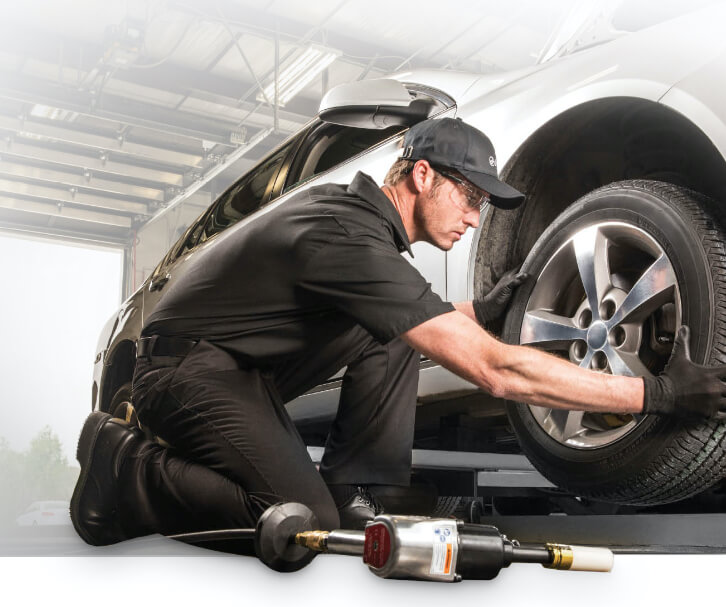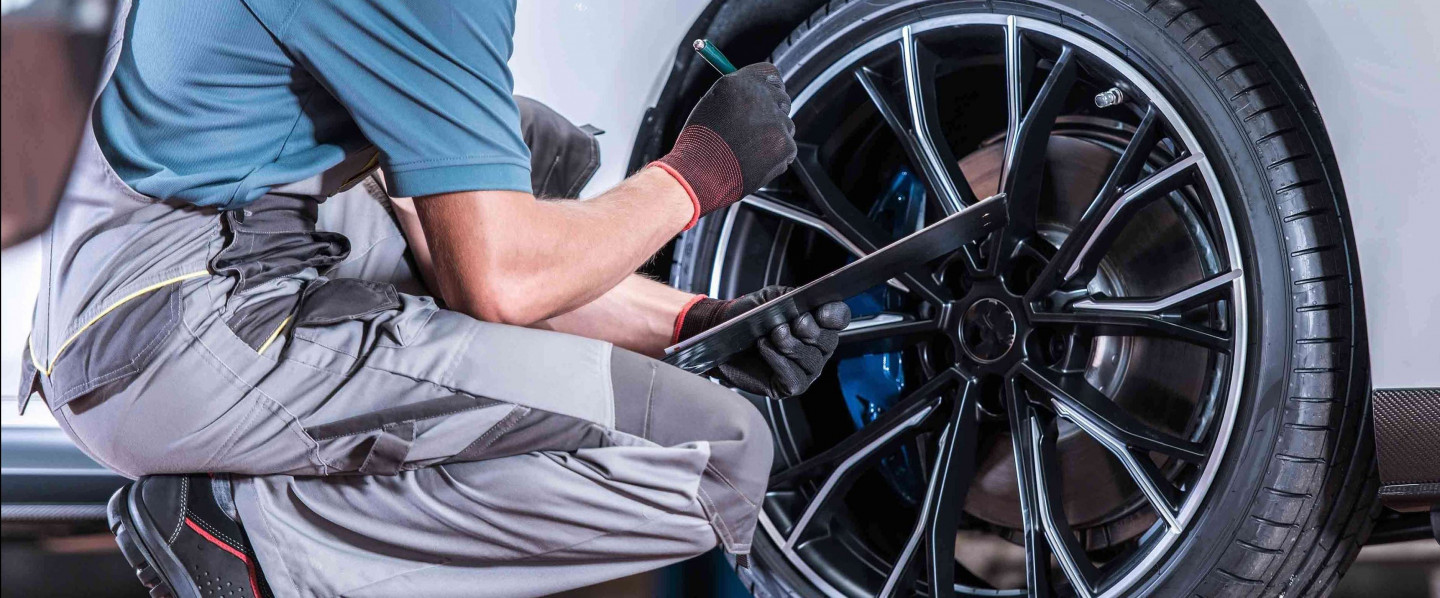Boost Your Adventure: Trust Morris Tires for GMC Tires Service
Boost Your Adventure: Trust Morris Tires for GMC Tires Service
Blog Article
Tire Solution: The Impact of Climate Condition
When it involves guaranteeing optimum performance and security when traveling, recognizing the impact of weather on tire solution is essential. From scorching warm to icy roads, each climate aspect can significantly affect tire performance and total driving experience. By delving into the impacts of differing climate condition on tires, motorists can obtain valuable insights that may enhance their car's performance and long life. In this conversation, we will certainly discover the elaborate connection in between climate condition and tire solution, dropping light on the value of weather-specific tire maintenance practices and factors to consider.
Warmth and Tire Efficiency
When revealed to high temperature levels, tires experience adjustments in efficiency that can substantially influence vehicle security and handling. The warmth created from long term driving or heat conditions triggers the tire rubber to soften, bring about decreased walk life and boosted wear. As the rubber becomes softer, the tire's grip on the roadway decreases, influencing braking ranges and total traction. In extreme instances, too much warm can also cause tire blowouts, positioning an extreme security danger to the lorry and its residents.

Cold Weather Results
Winter conditions can have a considerable effect on tire efficiency and safety and security. As temperatures decrease, tire rubber can harden, leading to decreased traction on icy or snow-covered roadways. In winter, tires might additionally lose atmospheric pressure more swiftly, which can impact handling and gas effectiveness. In addition, chilly temperatures can trigger tire sidewalls to tense, enhancing the threat of damage from gaps or other roadway risks.
To reduce the results of cool weather condition on tires, it is crucial to regularly check tire stress and inflate them to the manufacturer's suggested levels. Making use of winter season or all-season tires created for winter conditions can also enhance traction and grasp on icy or snowy roadways. Appropriate tire upkeep, consisting of normal assessments for wear and damages, comes to be a lot more important during chillier months to guarantee optimal performance and safety and security.
Rainy Issues Impact
Tires with damaged treads are much more prone to hydroplaning, where a layer of water constructs up in between the roadway and the tire surface, leading to loss of traction. To battle this, vehicle drivers need to regularly evaluate their tires for ample walk depth and take into consideration investing in tires especially developed for damp conditions.
Additionally, rainy climate can likewise lower visibility, making it testing for chauffeurs to see the roadway ahead clearly (GMC Tire Service). In such problems, it is vital to adjust driving speeds appropriately and keep a risk-free adhering to distance to enable abrupt stops. Appropriately inflated tires can likewise assist in maintaining control on damp roadways by giving better handling and hold
Snow and Tire Security
When driving in snowy conditions, having the right tires can make a substantial distinction in safety and security and efficiency. Winter months tires are made with special rubber compounds and step patterns to offer better traction on snow and ice compared to all-season tires.

In addition, chauffeurs must think about mounting tire chains in extreme snowy problems. Tire chains offer added grip by gripping the snow and ice, enhancing stability and control. However, it is informative post crucial to comply with supplier directions when utilizing and mounting tire chains to avoid damages to the tires and vehicle. By choosing the appropriate tires, preserving appropriate inflation, and considering extra grip aids like tire chains, motorists can boost their safety and security when navigating snow-covered roads.
Weather-Related Tire Upkeep
Weather-related tire upkeep incorporates a range of techniques aimed at ensuring optimal tire feature and long life in various weather condition scenarios. One essential aspect of weather-related tire maintenance is tire pressure law. Inspecting tire walk consistently and changing tires when step wear gets to a specific depth is crucial for preserving traction and security in negative weather condition.
Final Thought
Finally, weather have a significant impact on tire performance and safety. From warmth impacting tire stress and put on to winter reducing grip, read this article it is vital to take into consideration the weather when maintaining and using tires. Wet problems can decrease hold and result in hydroplaning, while snow can enhance the risk of accidents if tires are not properly geared up. Weather-related tire upkeep is vital in guaranteeing optimal performance and safety and security on the roadways.
In this conversation, we will certainly explore the elaborate partnership between weather conditions and tire solution, dropping light on the value of weather-specific tire maintenance methods and considerations.

Report this page